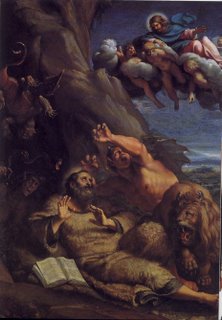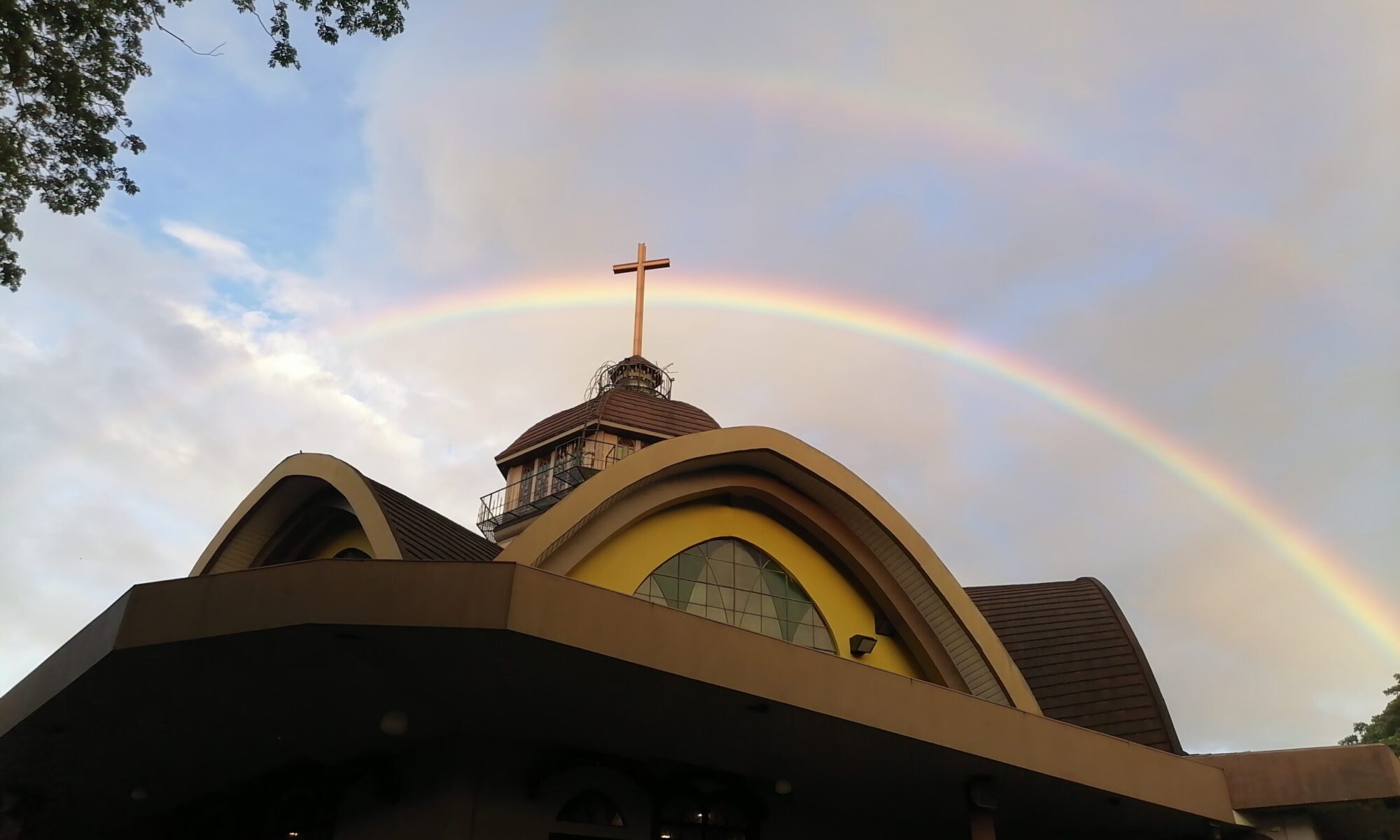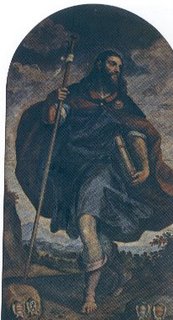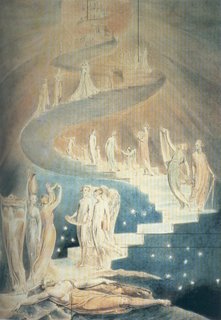 Everything is grace from the first movement of the free will towards Faith through Hope, and towards Charity. When God grants a soul the grace towards conversion, that first movement, or stirring, which is the seed of Charity Itself, moves the soul towards the theological virtue of Faith:”If you love Me keep My commandments.” Since the first act of conversion towards faith is obedience to the commands of Christ, then it is an act of Charity, though not perfect Charity, but the beginnings of Charity.
Everything is grace from the first movement of the free will towards Faith through Hope, and towards Charity. When God grants a soul the grace towards conversion, that first movement, or stirring, which is the seed of Charity Itself, moves the soul towards the theological virtue of Faith:”If you love Me keep My commandments.” Since the first act of conversion towards faith is obedience to the commands of Christ, then it is an act of Charity, though not perfect Charity, but the beginnings of Charity.
The beginning of faith is a gift of God. It contains the infused knowledge of what the world is, how useless it is, how one has wasted so much time indulging in it, and as a consequence, how far one is away from God.
Then fear enters the soul. Suddenly the person sees the need to hurry up lest he be caught unprepared for death. This fear is the beginning of wisdom and the beginning of the virtue of Charity.
He briefly reasons out how fleeting are the transitory things of the world and then chooses to abandon the worldly life. Suddenly, he receives the initial stages of knowledge. He begins to see that all worldly things are vanity and wonders how come people are running after them. The gift and grace from God makes him certain that he is looking at the right direction.
This is followed by amazement at one’s stupidity. This discovery inspires the first degrees of humility mentioned by St. Thomas of Aquinas quoting St. Gregory and St. Benedict. St. Ignatius of Loyola and St. Bernard also enumerate these same degrees of humility.
Infused knowledge and understanding, which is the approach towards wisdom, are further given because the soul has become humble. Since all graces lead to union with God, the soul begins to be conscious of God’s presence as the only one that can satisfy the yearnings of the soul.
But the idea of God still surpasses the capability of the human soul, even the soul endowed with the first stirrings of grace. The soul finds itself stupefied and silent in His presence. Its prayer is reduced to silence. Admitting that it is in a completely unknown realm, the soul prays that God be his truth, way and life. God obliges in different ways. Sometimes to invite the soul to greater humility and deeper prayer He demands that the soul consult other wayfarers like himself. Maybe St. Thomas of Aquinas, St. Francis de Sales, St. Teresa of Avila or St. John of the Cross or Ven. Luis de Granada.
At this point, sins loses all attraction. The soul finds great joy in doing God’s will all the time and as long as he keeps to this direction he will be very well on the way to perfect Charity. He becomes more convinced that God is his only source of happiness and is experiencing the Joy that is a gift of the Holy Spirit.
Having experienced the happiness of loving God, the soul would now want to share this with others. So he begins to express this Charity within his soul by teaching others how to acquire this same Charity. He loves God by having reached Charity. Now he loves his neighbor by teaching them how to reach Charity. This, in brief, is the journey from sinfulness to Charity. (Painting is “St. Anthony Abbot during his Temptation by Annibale Carracci, 1598.)










